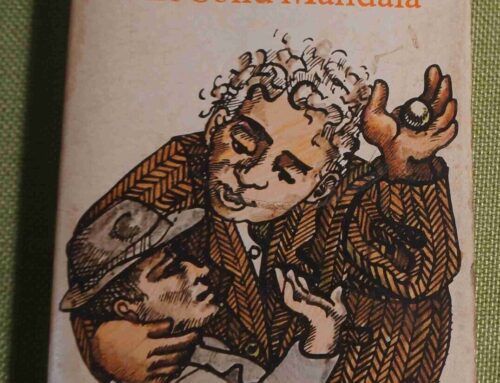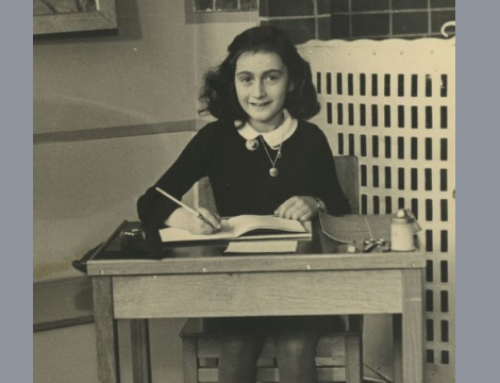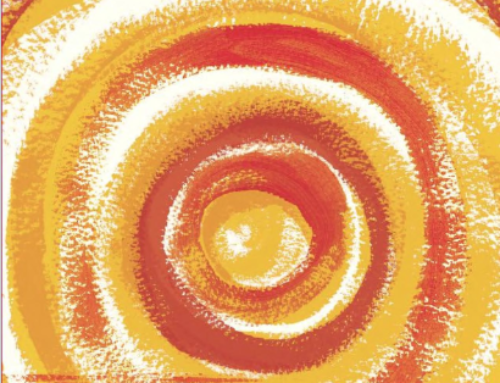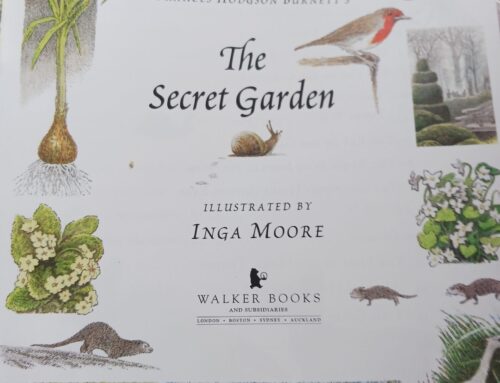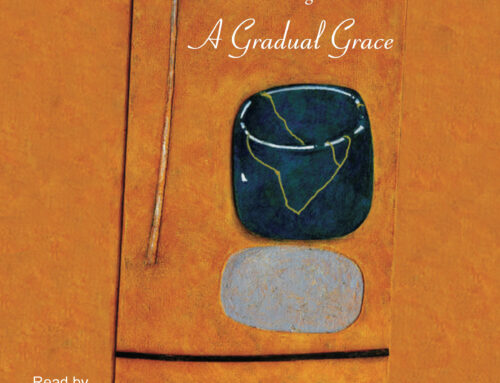
Portrait above of me, entering my 80th decade next year. Here, I want to pay tribute to Edna O’Brien’s novel, Girl, published at the age of 88!

There is a lovely biographical report in The Observer by Sean O’Hagan on Edna O’Brien’s 2019 novel, Girl. It is an excellent article because it gives a good overview of O’Brien’s life and writing, her passions, and her frailties. It is remarkable, not only that a woman of 88 has just published such a controversial, dark, edgy story, but that she researched it deeply, and went to the country where it is set to gather stories from the women whose tragedies it is based on.
In 2014, 276 young schoolgirls were kidnapped by Boko Haram jihadists, raped, tortured, imprisoned. Many died, some were eventually released. O’Brien made two visits to Nigeria to collect stories, and has used them to create Maryam, who is raped, wed, bears a child, eventually escapes, survives and returns to her village, only to find that the home she remembers has changed, and her place in it, and her baby’s, is problematic. But at the end, there is hope and happiness, and a home “at least for now” for Maryam and her baby.
I won’t attempt a review here; just a few thoughts. I’ve looked at a few reviews of the book, and most of them pay tribute to O’Brien’s courage, imagination, and compassion. To enter such dark spaces in human spirit and action, and to take real life stories into fiction, is an act of courage for any writer; to do so towards the end of a long writing career, to enter such tabu territory, to go there physically and take enormous risks in gathering the stories, is remarkable. This book may trigger many who have suffered abuse and loss of identity, home and safety. It is painful and confronting to read, and yet, the licence taken in writing it makes perfect sense to me. We, those of us who live comfortable and safe lives, don’t like to face such darkness. O’Brien challenges us to face it and to experience, gratuitously, how it feels to be treated like an animal, to be used, and to be discarded if the abusers deem that life has no value to them. The terrible events of human slavery and torture have featured throughout history, and women have been the victims again and again. These abuses are still happening, and it seems we can do nothing about it.
Some of the reviews I have read criticise O’Brien for cultural appropriation; what right has she, as a privileged white woman, to enter this territory, to gather the stories, to retell them in fictional form? I believe she has earned the right in this book, in her compassionate and tender creation of Maryam and some of those who befriend her and help her. If it were written by an indigenous woman who either had first-hand experience of the abuses or knew those who had, it would be different, authentic in its own right, and would be responded to in terms of how well, how vividly, how truthfully, it tells the stories. Here is what O’Brien says, in the interview I mentioned above.
It has been suggested to me that as an outsider I am not eligible to write this story. I do not subscribe to that devious form of censorship. Theme and territory belong to all who aspire to tell it and the only criteria [sic] is the gravity in the telling. I was haunted by the plight of girls in north-east Nigeria, Chibok and others, thrust into servitude, their childhoods stolen, the leeching of hope day by day. I marvel at their magnificent fortitude. The world is crying out for such stories to be told and I intend to explore them while there is a writing bone left in my body.
This book really defies description. I have just one criticism of the writing. Tense changes. The narrative changes from past to present and back again, seemingly at random, sometimes in one sentence. At first, it annoyed my editorial instincts so much, I nearly gave up on it. I got used to it after a while, but I still don’t see the point of it, and think it needed a good edit.
There is nothing predictable or stale about this story, and apart from the clunky tense changes, the writing of it is extraordinary, full of dark lyricism and visceral physical details. Here is how it opens:
I was a girl once, but not any more. I smell. Blood dried and crusted all over me and my wrapper in shrreds. My insides, a morass. Hurtled through this forest that I saw, that first awful night, when I and my friends were snatched from the school.
And here is how it ends:
Spools of light filled the room and lit up the universe outside. All was stillness. In that moment of unalloyed hope and happiness, it seemed to me that those rays were pouring into the darkest dimensions of the land itself.
